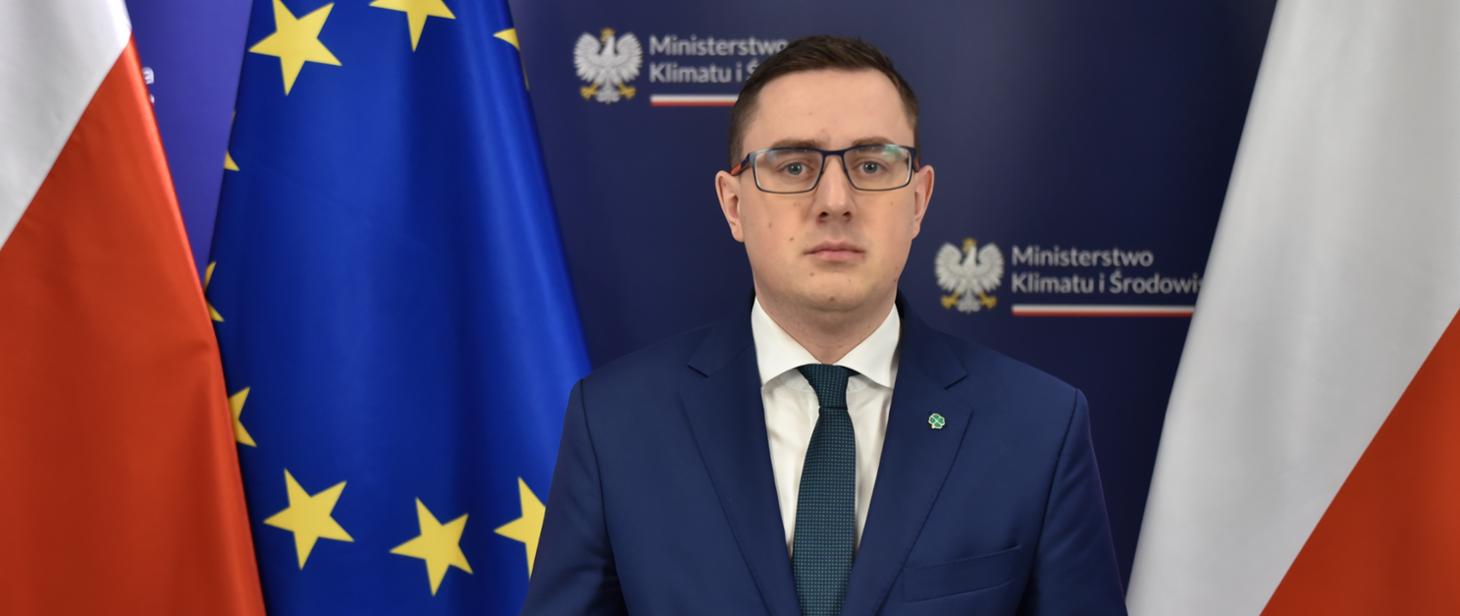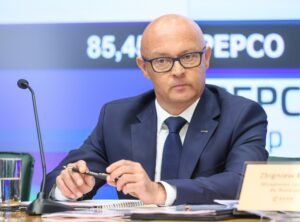Some components in the first NPP may be developed together with the French, so we are cooperating with them anyway. Whether this will be the case at the second location, time will tell. We still need to choose the technology, the talks are ongoing, so anything is possible – says Vice Minister of Climate and Environment Miłosz Motyka in an interview with BiznesAlert.pl.
BiznesAlert.pl: What are the prospects for cooperation with France’s EDF on the future nuclear power plants in Poland?
Miłosz Hoe: We are also discussing cooperation in the nuclear sector with the French side. Some components in the first NPP may be developed together with the French, so we are cooperating with them anyway. Whether this will be the case at the second location, time will tell. We still need to choose the technology, the talks are ongoing, so anything is possible, but we are cooperating in good atmosphere. There is also a greater openness to nuclear issues on the part of the European Commission. It’s possible that the French side could serve as a catalyst in this collaboration when it comes to securing financing. In my opinion, the cooperation with the French, also in the energy sector, will certainly be better than in the last eight years. However, the final decision on the second location and where it will be is still ahead of us.
What methods of spent fuel management does Poland plan to use to minimize the impact of radioactive waste on the environment?
Poland will use state-of-the-art technologies to minimize the risks arising from the burning of fossil fuels, but also later from reactor fuel to the environment. The climate ministry is currently exploring potential collaboration opportunities with local governments regarding the new location for the radioactive waste disposal facility. We believe that municipalities, thanks to awareness and budget funds, will participate in this program.
How to develop nuclear innovation in Poland?
We work very closely with the American side. We recently opened a Polish-American cooperation center in Warsaw focusing on the utilization of new nuclear technologies. We believe that Gdańsk can also be a place where, through cooperation with universities – and this is another very strong component – we can participate in the development of these technologies. Today, Polish universities can become such a hub for the development of modern technologies. Currently, Polish universities cooperate with companies that implement nuclear programs in the West, whether in France, the United States or the United Kingdom. There is already an interest in cooperation with Polish universities, which is already being implemented between Polish universities and Western companies. And this kind of cooperation is catalyzed by the Ministry of Climate and Environment, by the Department of Nuclear Energy and by the Ministry of Science, and we cooperate very well in this regard.
What will be the future of small nuclear reactors of Orlen and Synthos?
This matter is currently being examined by Orlen’s Supervisory Authority. After this analysis, we will be able to talk about what the next steps will be.
Paulina Zaborowska and Bartosz Siemieniuk









